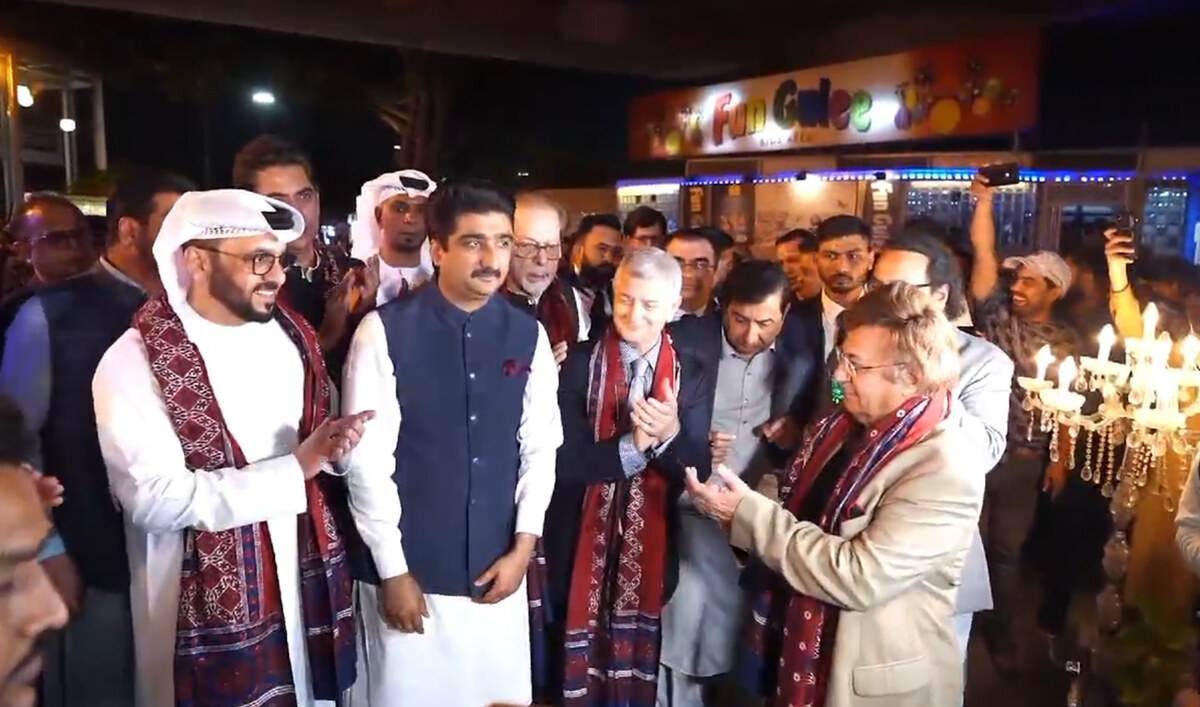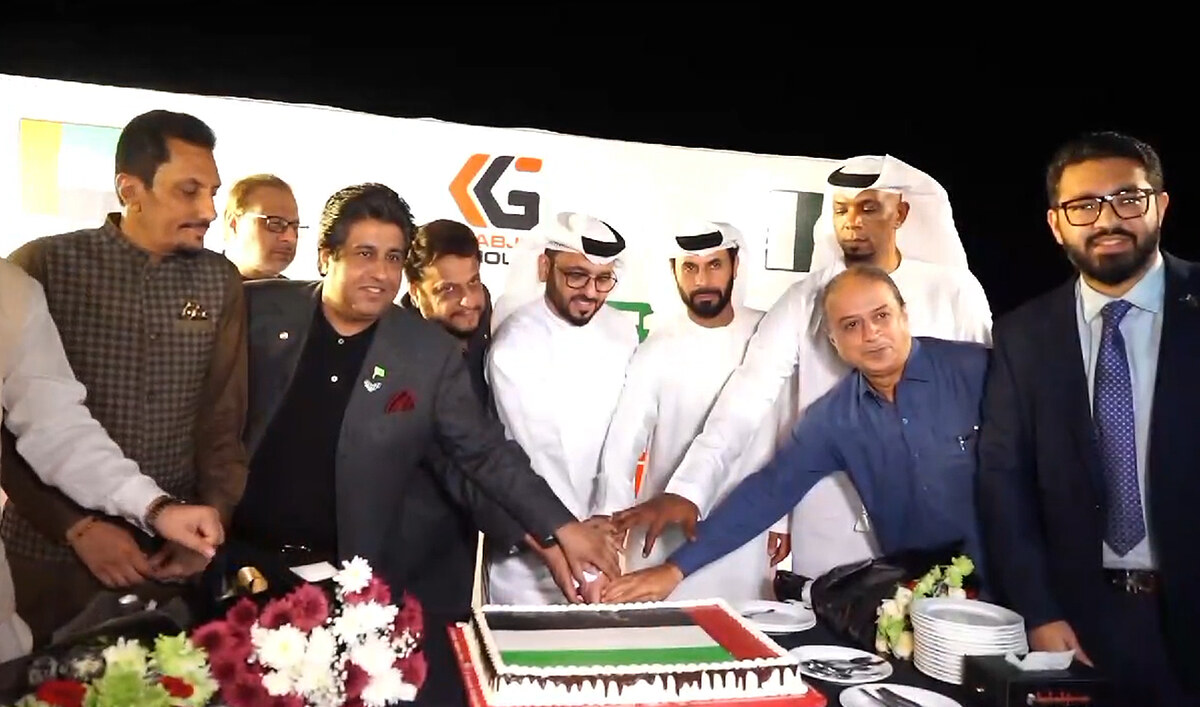ISLAMABAD: A senior government official said on Friday that the aim of the first-ever digital census in Pakistan was to collect population and housing data, along with various economic statistics, to help policymakers and the private sector plan better resource allocation for public welfare.
Previously, conventional methods of enumerating people were largely controversial in the country, where different stakeholders raised concerns about miscounting and the exclusion of ethnic communities, religious minorities, and other marginalized social segments.
The government hopes to resolve these issues by conducting a digital census through geotagging while collecting and relaying data in real-time.
“We will be collecting undeniable proof of counting every single house through our digital devices by geotagging the location,” Dr. Naeem-uz-Zafar, chief statistician at the Pakistan Bureau of Statistics who is leading the exercise, told Arab News.
“In case anyone complains of miscount or exclusion in the digital census, we can immediately search and explore through our digital device to verify the claim,” he continued. “This was not possible in the conventional census carried out in the past.”
The government has provided tablets to 126,000 enumerators to collect data from across the country, with 30-plus questions ranging from population count to religion, ethnicity, gender, disability, and businesses.
The entire country is divided in blocks with 200 to 250 homes in each unit, and every enumerator is assigned two blocks in their respective areas to collect the data in one month. The fieldwork is scheduled to be completed by April 1, while the results will be published by April 30.
The chief statistician said the government was estimating spending around Rs34 billion ($122 million) on the exercise, but “this is going to help us provide transparent and verifiable data for all future planning and resources allocation.”
For the first time in Pakistan’s history, the government is also collecting economic statistics through the exercise, including services, businesses, and economic activities in houses, such as tailoring shops, salons, mobile repairing, clinics, and schools.
“These businesses will also be geotagged to help the public and private sectors understand the socioeconomic status of the people and better plan the allocation of education and health facilities among others in a particular area,” Zafar said, adding that the geotagged data would also enable relevant authorities to conduct rescue and relief efforts during natural disasters like floods and earthquakes.
Electoral seats in Pakistan and funds for all basic services and infrastructure, such as building or operating schools and hospitals, are distributed among the country’s federating units using the population density data.
Rights activists urged the government to ensure accurate counting of the population and socioeconomic status of people in remote areas as well as for proper planning and distribution of funds.
“Everybody should be counted in the exercise, including those living in remote areas, as the census is not limited to an electoral exercise only,” Hina Jilani, chairperson of the Human Rights Commission of Pakistan, told Arab News.
“The accurate population data will enable the government to allocate more resources for backward areas to ensure their right to health, education, housing, social security, and other welfare programs,” she added.




















